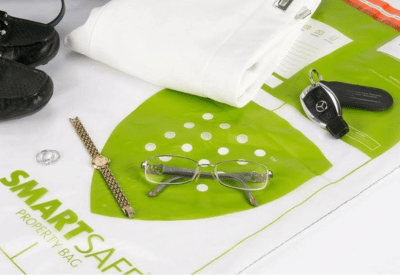


12/02/2024
How proper patient property management can ease the burden on the NHS
What is the true cost of lost patients’ property? Never before has the NHS been under such financial pressures. We are all personally familiar with increased costs, whether that is food, electricity or heating, and hospitals are no different. On top of this, they are the largest employer in the UK, with a 2021/22 wage bill of £66.2 billion (source: The Kings Fund).
Given that figure, you may think that the cost of lost property within UK hospitals is a drop in the ocean. The financial cost, in many situations, is settled at the ward/department level, with the manager being able to sign off on a certain value depending on the trust. In some instances, this can be as much as £1,000. However, many items cost considerably more, whether it is jewellery or, in this day and age, few of us are without a smartphone, laptop or other devices.
Other items that could be argued are more expensive for a smaller percentage of the population are hearing aids or dentures. A study by the British Dental Association (BDA) 2011 – 2016 concluded that the estimated cost to the NHS for lost dentures was £1.1 million for replacements.
What are the hidden costs? If we take dentures, as mentioned earlier, if a patient cannot eat properly, their recovery will be slower, and their overall stay in the hospital could be longer. This is at a time when we have seen the supply of hospital beds decline from 149,871 in 2012 to 138,015 in 2022(source: The Kings Fund). Longer waiting list times and admission times all impact patient care and recovery.
Every time an item is reported lost or stolen, both genuine and fraudulent, it has to be investigated, from the initial search to handling patient conflict to valuations and processing claims, all of which absorb time from medical and administrative staff.
In March 2021 the Royal Derby Hospital and Queens’ Hospital Burton, reintroduced the Deceased Patients’ Property Release Service. Their job was to collect the patients’ belongings from the ward and cashier’s offices, then contact the families or next-of-kin for an appointment to collect the items. All too often this is not the case and a loved one’s items are lost. The mental health impact on both families and staff is immeasurable.
In summary, having a clear, functional patient property policy can have a direct impact on patients’ and families’ recovery. This could include minimising the length of stay in hospital, which in turn frees up the bed earlier for the next patient, more efficient focus for staff on patient care, less staff off sick with stress, or more money available to spend by the trusts.
For more information about our range of services, please contact our team today.










